Travel Safety in Istanbul for 2024
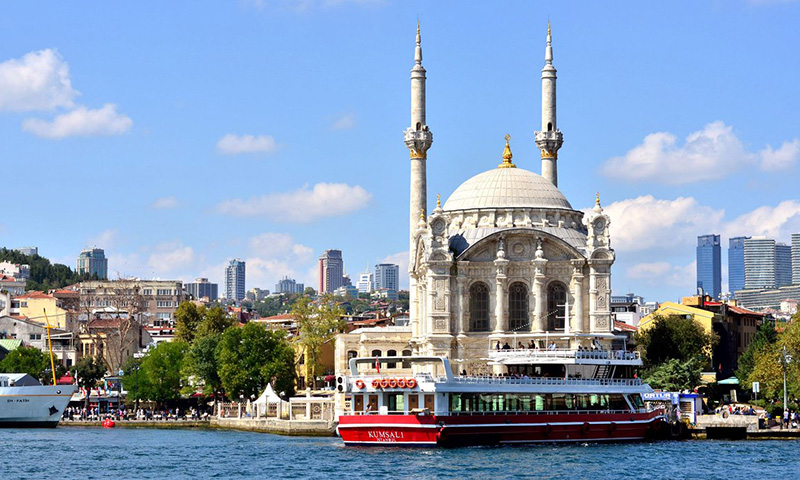
Discover how to travel safely to Istanbul in 2024 with practical safety tips for tourists on transportation and areas to avoid. Plan your trip with peace of mind!
Table of Contents:
- Introduction to Safety in Istanbul in 2024
- Is it Safe to Travel to Istanbul in 2024?
- a: Current Political and Social Situation
- b: Crime Rate in Istanbul
- Safety Tips for Tourists
- a: Areas to Avoid in Istanbul
- b: How to Move Safely Around the City
- c: Safety on Public Transport
- d: Common Scams to Avoid
- Health and Sanitary Precautions
- a: Travel Insurance and Medical Assistance
- b: Health Recommendations for Tourists
- Safety for Solo Female Travelers
- a: Recommended Areas for Women
- b: How to Avoid Uncomfortable Situations
- Additional Tips for a Safe Trip
- a: Accommodation Security
- b: Handling Money and Important Documents
- Conclusion and Final Recommendations
1. Introduction to Safety in Istanbul in 2024
Istanbul is one of the world’s most fascinating cities, a vibrant blend of culture, history, and modernity. Every year, millions of tourists visit to discover its wonders, from the majestic Blue Mosque to the dynamic Bosphorus. However, as with any large city, it’s important to be aware of safety considerations. This guide will cover everything you need to know to make your trip to Istanbul in 2024 safe and hassle-free.
2. Is it Safe to Travel to Istanbul in 2024?
Current Political and Social Situation
Istanbul has historically been a safe place for tourists, but it’s important to stay informed about the current political and social climate. In 2024, Turkey remains a popular tourist destination, although political tensions may occasionally arise. Protests are uncommon in tourist areas, but if you come across one, it’s best to keep your distance and avoid getting involved.
Crime Rate in Istanbul
Generally, crime in Istanbul is low for tourists, especially compared to other major cities around the world. However, as with any large metropolis, minor crimes like bag snatching or pickpocketing in crowded places can be a concern. It’s recommended to keep your belongings in sight and be cautious in busy areas like the Grand Bazaar or Taksim Square.
3. Safety Tips for Tourists
Areas to Avoid in Istanbul
Istanbul is mostly safe for tourists, but there are some areas to avoid, especially at night. Neighborhoods like Aksaray and certain parts of the Fatih district can be less safe after dark. It’s always best to stay in well-lit areas and avoid deserted streets.
How to Move Safely Around the City
Getting around Istanbul can be an exciting experience, but it’s important to take precautions. Opt for reliable transportation like licensed taxis (preferably through apps) or the metro. While walking, avoid using headphones in crowded areas to stay aware of your surroundings.
Safety on Public Transport
Public transport in Istanbul is generally safe, but minor thefts can happen on crowded buses and trams. Keep your belongings close, especially during peak hours. Avoid displaying valuables, like expensive phones or large amounts of cash.
Common Scams to Avoid
Like many tourist destinations, scammers may try to take advantage of tourists in Istanbul. Common scams include:
- The Fake Tour Guide Scam: Some individuals approach tourists offering unsolicited tours, then demand large sums of money afterward.
- Invitations to Expensive Bars: A friendly local invites you to a bar or club, only to present a shockingly high bill at the end of the night.
To avoid these situations, it’s best to plan your activities and always choose recommended services with good online reviews.
4. Health and Sanitary Precautions
Travel Insurance and Medical Assistance
It’s always advisable to have travel insurance that covers medical emergencies during your stay in Istanbul. Medical assistance in major hospitals is of good quality, but it can be costly for non-residents.
Health Recommendations for Tourists
Istanbul doesn’t require any specific vaccines for travelers, but it’s a good idea to keep routine vaccines up to date, such as hepatitis A, tetanus, and typhoid, especially if you plan to eat at markets or local restaurants.
5. Safety for Solo Female Travelers
Istanbul is generally safe for solo female travelers, although, as in any big city, it’s important to follow certain precautions.
Recommended Areas for Women
Tourist areas like Sultanahmet, Beyoğlu, and Karaköy are safe for solo female travelers, especially during the day. At night, it’s best to avoid walking alone in less lit or residential areas.
How to Avoid Uncomfortable Situations
In some cases, women may experience staring or unwanted comments. It’s advisable to dress modestly, especially when visiting mosques or religious sites, and to avoid interacting with strangers who approach inappropriately.
6. Additional Tips for a Safe Trip
Accommodation Security
Most hotels and hostels in Istanbul offer adequate security measures, such as safes in rooms and restricted access to private areas. It’s recommended to choose accommodations with good reviews and located in safe parts of the city.
Handling Money and Important Documents
Avoid carrying large amounts of cash with you. Instead, use credit or debit cards at established businesses. Also, keep a copy of important documents, such as your passport, in a separate place from the originals.
7. Conclusion and Final Recommendations
Istanbul is an unforgettable destination, and with the right precautions, it’s perfectly safe for tourists. By being aware of your surroundings, avoiding problematic areas, and following basic safety advice, you can fully enjoy your trip. In 2024, Istanbul continues to be one of the world’s most fascinating and safe cities to explore, whether traveling alone, with friends, or as a family.
Are you ready to discover everything Istanbul has to offer? Start planning your safe trip today, and don’t forget to share this article with other travelers on your social media!
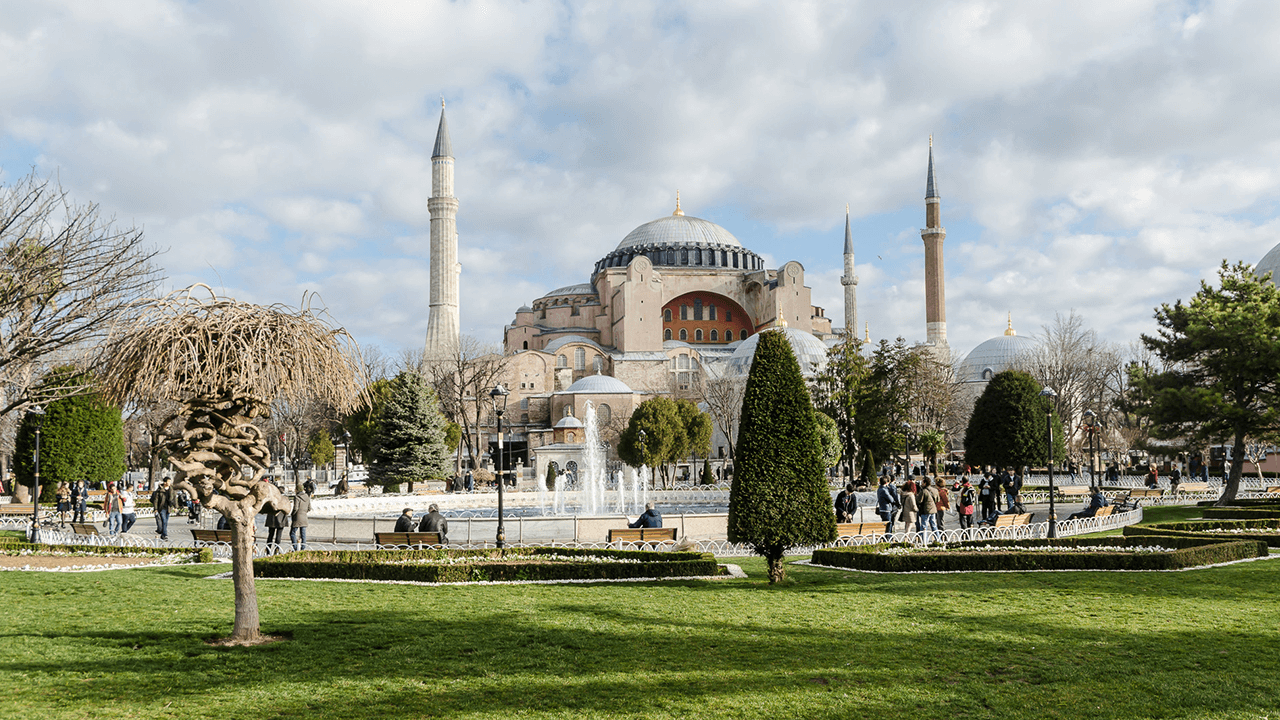
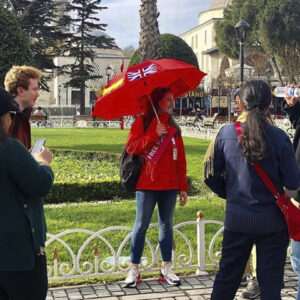
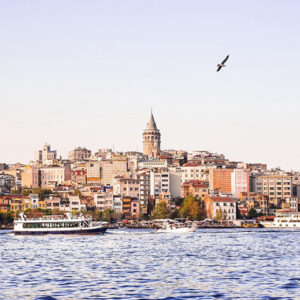
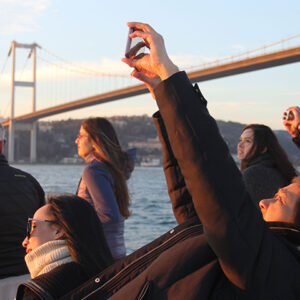
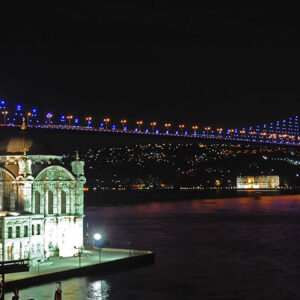

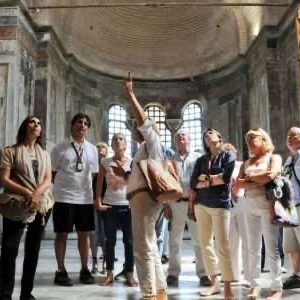
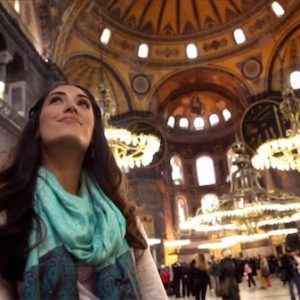
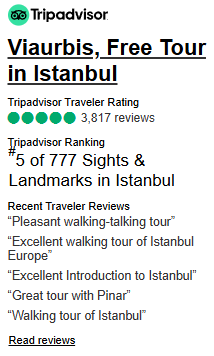
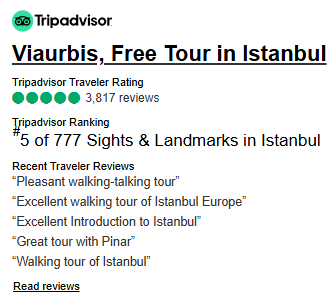
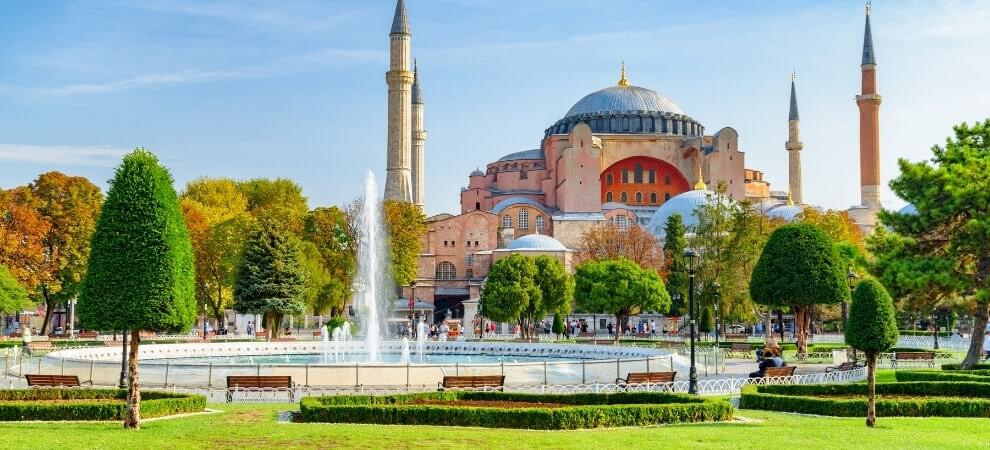
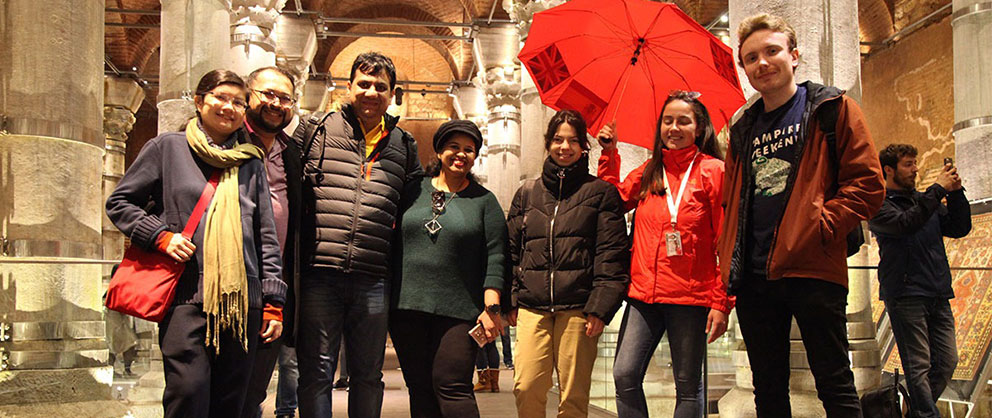
3 thoughts on “Security for travel to Istanbul in 2024”
★★★★★
Learning about and visiting ‘Security for travel to Istanbul in 2024’ was both fun and educational. Everyone should experience this!
★★★★★
The charm of ‘Security for travel to Istanbul in 2024’ captivated me entirely. It’s a destination that leaves no one indifferent.
★★★★★
Discovering ‘Security for travel to Istanbul in 2024’ was one of the highlights of my trip. Don’t miss out on this gem!
Comments are closed.